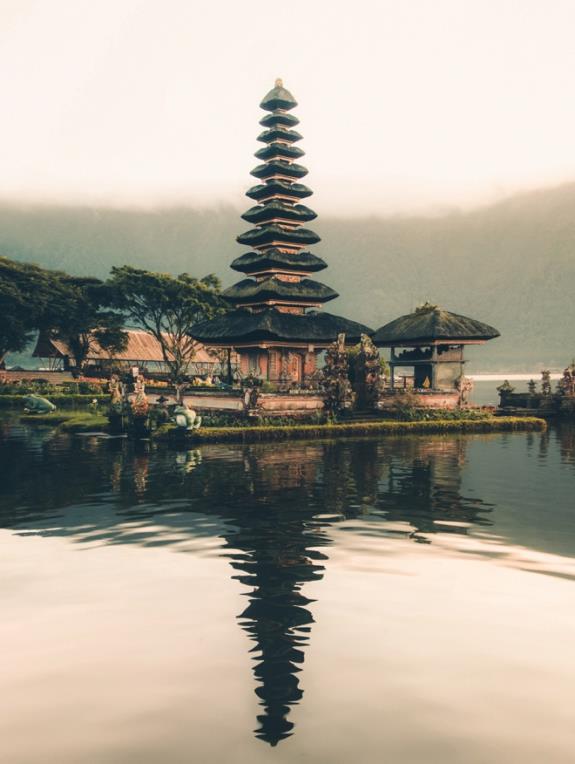
In recent decades, the role of Islam has become increasingly strong in Indonesia, and it has adopted more assertive views, in large part thanks to the flow of Saudi money and charities promoting Salafi interpretations of Islam in the country, writes Krithika Varagur in The Guardian (April 16, 2020). Initial efforts go back to the 1960s. The combination of aid and proselytization for a Saudi type of Islam has proved effective. Although Indonesia is officially a multifaith nation, conservative Islamic trends have influenced its Islamic majority toward increasingly asserting the place of Islam. Such views have been promoted by clerics with longstanding ties to Saudi Arabia and who often have received their education there or at Saudi-supported institutions. This type of Islam has not merely been propagated by the Saudi government, but also by a variety of Saudi international actors or businessmen, including the Muslim World League. Those efforts are far from having been coordinated and have not been immune to contradictions (e.g. supporting both groups with links to radical Islam and counter-extremism initiatives). But a lot of money was invested into Saudi proselytization efforts, and “while investments peaked in absolute terms at least a decade ago, as they did in most of the Muslim world, their effects continue to reverberate.” One of the consequences of the spread of Saudi-style Islam has also been a rise in religious intolerance, targeting Christians, but also Shia and Ahmadi Muslims, seen as heretical understandings of Islam.
 Some institutions initially funded by Saudi money are under the control of Indonesians, while other ones—such as Lipia University—are staffed by Saudis. Saudi funding has now decreased in absolute terms, with the Philippines now their main target in South-East Asia. But Saudi-promoted Islam has grown to such an extent that, even with no Saudis left in the country, “there would still be a vibrant Salafi ecosystem in place,” Varagur writes. The current Saudi ambassador in the country emphasizes that all activities today are conducted “at the request of Indonesian Muslim groups,” and suggests that Saudi interests are now a combination of Islamic affairs, cultural diplomacy and economic interests. While a few years will be needed in order to assess how far the shift has gone, Varagur also draws attention to the fact that one should be aware how Saudi soft power is evolving.
Some institutions initially funded by Saudi money are under the control of Indonesians, while other ones—such as Lipia University—are staffed by Saudis. Saudi funding has now decreased in absolute terms, with the Philippines now their main target in South-East Asia. But Saudi-promoted Islam has grown to such an extent that, even with no Saudis left in the country, “there would still be a vibrant Salafi ecosystem in place,” Varagur writes. The current Saudi ambassador in the country emphasizes that all activities today are conducted “at the request of Indonesian Muslim groups,” and suggests that Saudi interests are now a combination of Islamic affairs, cultural diplomacy and economic interests. While a few years will be needed in order to assess how far the shift has gone, Varagur also draws attention to the fact that one should be aware how Saudi soft power is evolving.